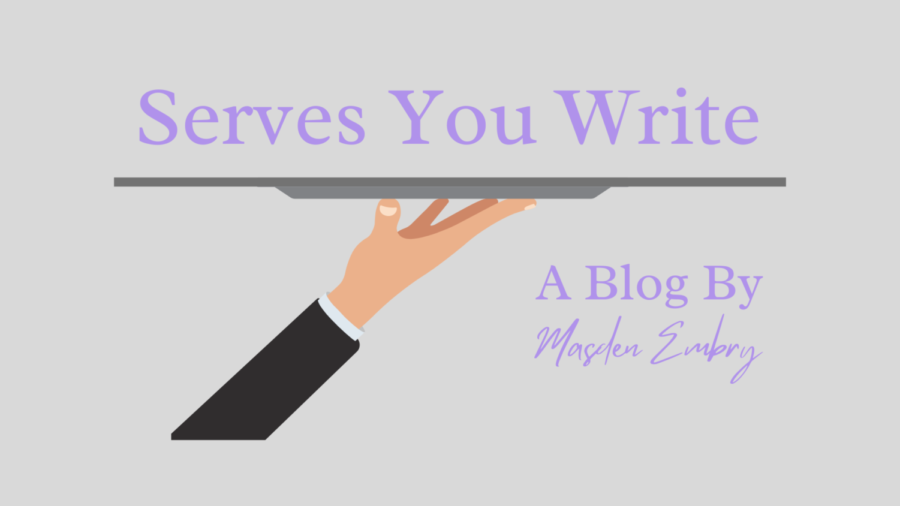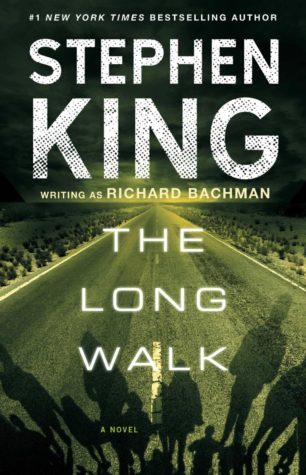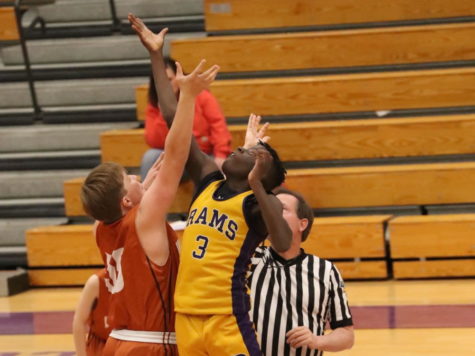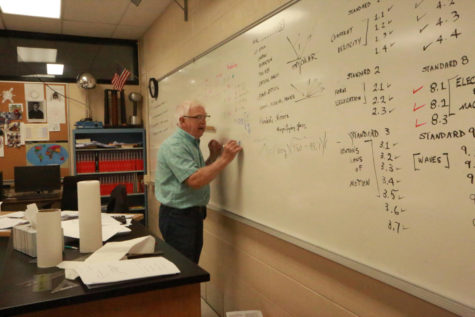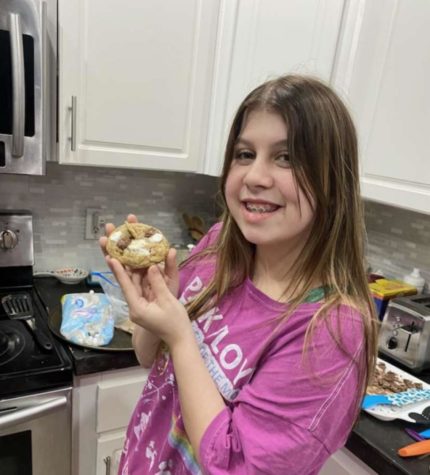Wasted Potential: The Failure to Succeed or to Try?
Facing the Crippling Fear of Failing to Live Up to My Own Expectations
Semi-regular random thoughts and self-reflections from the mind of Senior Editor Masden Embry
“I wish I could say I will spare the theatrics, but Nichols knew what she was getting into when she gave me this space.”
I am a fairly fearful person. I scream at the sight of virtually any winged-insect — though I’m partial to wasps. I turn white at the thought of looking out at the ground from a top-floor balcony. I break out in a sweat at the mention of getting my blood drawn. I like to think these are all relatively mild fears to have.
What I believe crosses into the line of abnormal is my paralyzing fear of wasting my potential. To say that oneself has potential is something I would typically think of as having an egotistical air, so my apologies if that’s how I’m coming across. However, I think that potential is something everyone possesses. The potential to grow, to learn, to succeed. What people (i.e. me) tend to struggle with though is living up to that capacity to do or become something remarkable.
I, myself, have always had the pipe dream of becoming famous — preferably for my outstanding musical talent, that way I could transition into acting and fashion-designing. The works. Not that I’ve thought about it or anything. Admittedly, that dream is one of untouchable glamor, of casual fraternization with the Lady Gagas of the world.
But my dream to write, that’s a dream I can feel. It’s a dream so palpable I can taste it. The stereotypical two-hour-old coffee hanging in the air of a newsroom that I don’t even mind — which is a real shock because there’s not much else I detest to the same level as I do all things coffee. I can hear the frustrated curses when stories manage to fall through at the last minute, the obnoxiously-aggressive clacking of keyboards — something I’m known for personally. I can see my name spelled out in a serif-font byline. I can feel the ink left on my fingertips after flipping through the newspaper that I had a hand in making.
Or maybe it’s not journalism. Maybe I’m the next best American author. I write some story that touches people, a real-page turner that readers can’t put down after they’ve begun. A novel that people pull from it’s esteemed spot on the shelf to revisit when they need a heart-warming, tear-jerking or gut-wrenching moment of escapism. A book with quotes that people get tattooed on their skin for life. And undoubtedly, I’d have a pen name because god knows my god-given one is a spelling mistake spanning thousands of front covers just waiting to happen.
Either way, it’s so real. So possible. Isn’t it?
I’d never had a knack for anything until I came across writing, until I joined the media staff and found somewhere that I could flourish without struggle. I tried art and found myself disappointed with the execution of the picture in my head, even after hours upon hours of planning and painting. I tried sports only to have the notion of my lack of coordination posing a problem reaffirmed with a consistent bench-warming status.
Truthfully, those losses didn’t particularly hurt. I hadn’t remotely been given the impression that I had some sort of talent in the fields of drawing or volleyball that needed cultivating. My effort may have gone into them but my heart didn’t.
Writing is different. It’s something I give my all to: time, tears and soul.
I wrote nonsensical short stories starting in second grade, handwritten on the lined pages of puppy-covered notebooks while sitting on the porch swing. As soon as I finished, I begged my teacher to read them and she told me she liked them. Looking back, what adult would tell an eight year old their writing wasn’t exactly up to par with actual literature?
As years went on, I found I loved essays — like I irrationally enjoyed the process of writing pages upon pages of analysis regardless of the topic. I got comments back saying how well-written they were, how enjoyable I had made them to read. Within the first few months of my junior year English class, I was told there was nothing more I could be taught. And if that wouldn’t go to one’s head, what on Earth would?
However, it’s my media teacher, who has seen my writing from my seventh grade days to the present ones, who has been the biggest proponent. I remember writing my first piece for the newspaper at thirteen, scared to be doing something so official, but being met with her words of praise. Five years later and I’m editing that same paper, taking on stories I never would have thought I’d write and hearing that same encouragement.
She told me I’ve got “it”. But what if I don’t? What if I don’t have what it takes? If I don’t stand out? If all of that potential I possess remains untapped — if it’s denied?
I’ve got an endless list of what ifs I could add, but there is only one that matters: what if I don’t try? How will I live with myself if I don’t even give my dream a chance?
In times of reflection (the standard: birthdays, deathbeds, etc.), I don’t want to mull over the trials and errors of my life and come up with nothing in regards to writing. I don’t want to have to remember my past self, writing it off (no pun intended) as a waste of time because a waste of potential, that is a far heavier burden to bear — a burden I’m not sure I could stomach.
Writing gives me a sense of hope — the thing with feathers, right? And if some publishing industry bigshot or New York Times executive shoots and kills that bird, slashes that dream, I’ll be crushed. But if I were to abandon writing out of fear, it would be my finger on the trigger.
Thank you for supporting phsmedianews.com! Your donation helps to cover our annual web hosting fees.
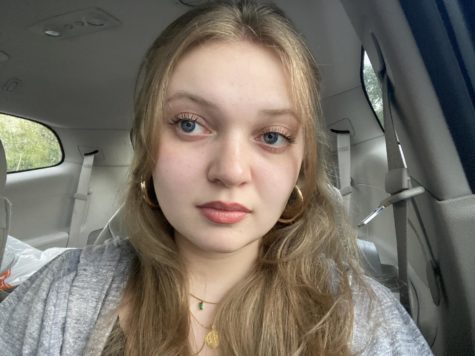
My name is Masden Embry and I'm a senior at PHS. I enjoy playing guitar and spending time with my dog, Lucy. My favorite thing to do is write so I've really...

